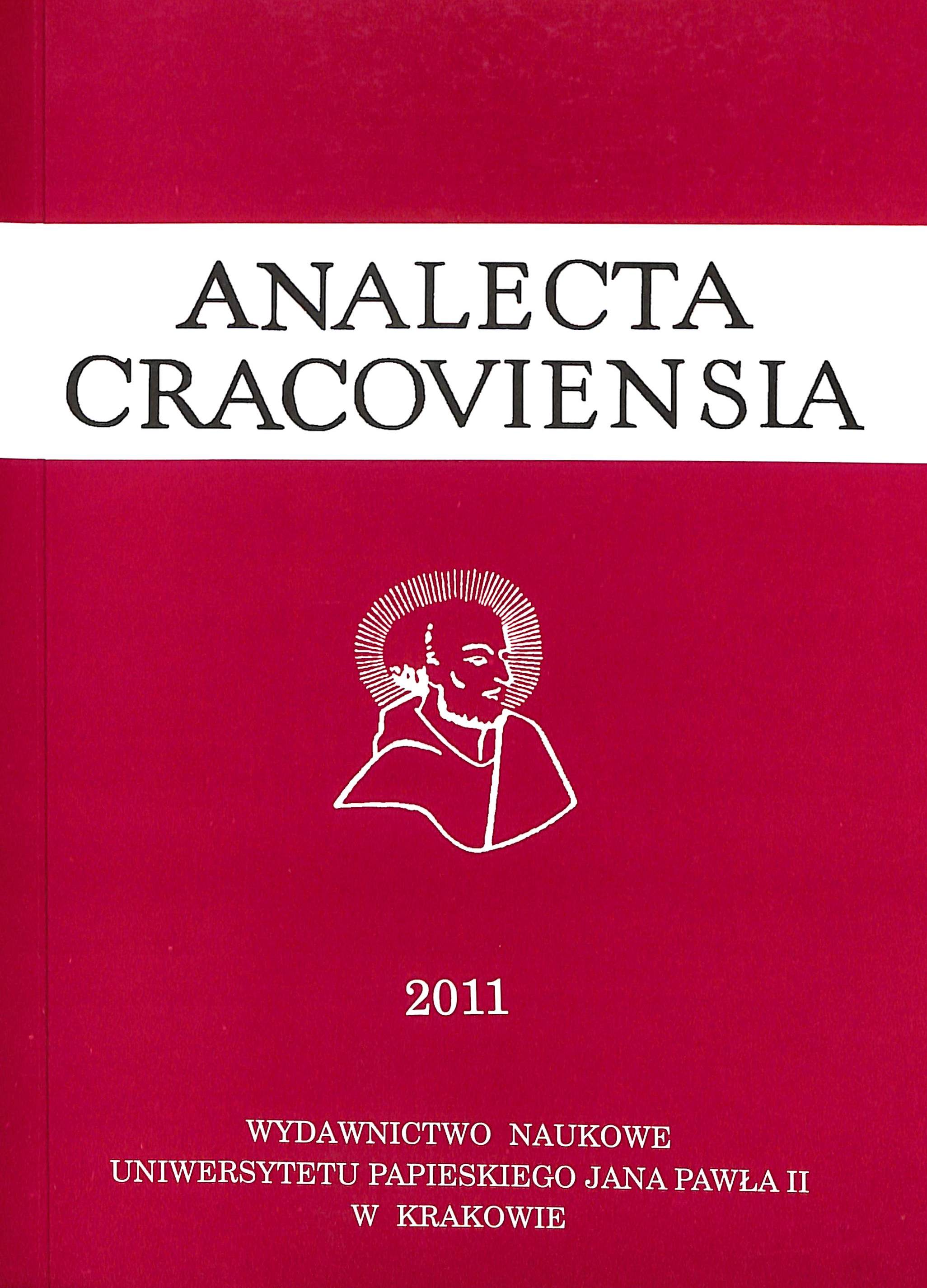Orientacja w chaosie i nowa nadzieja. Rytuały w duszpasterstwie w nagłych wypadkach z perspektywy liturgiki
DOI:
https://doi.org/10.15633/acr.4305Słowa kluczowe:
duszpasterstwo, kryzys, liturgika, nabożeństwa, opieka psychologicznaAbstrakt
In a pluralistic society ecclesial emergency pastoral care is faced with the question of how to offer the persons concerned an appropriate balance between pastoral empathy and theological ideals. Rituals play an important role in this task in that they provide a valuable contribution in coping with and explaining in a crisis situation. They have a therapeutic effect, as they help those affected to recover a lost sense of orientation. In practice this means that psychological support by means of appropriate ritual activity intersects with the hopeful perspective of faith. In the process it is important that the course of the ritual includes “open” as well as “closed” parts, i.e. formal liturgical elements (above all, sacraments) and forms which cater to the particular case. In a pluralistic society forms of articulation must be diverse, as diverse as the situations in which appropriate and faithful support/aid are being sought. When one succeeds in connecting human empathy with the reality of God which exceeds all human possibilities, a step in the right direction has been taken. In the form of six individual theses this article reflects the theory and praxis of ritual accompaniment at the crossroads of psychology, current culture and liturgical tradition. In the context of a pluralistic environment, it explores ways in which pastoral care can become involved as a ritual actor and offer people aid which is grounded in faith.
Pobrania
Opublikowane
Numer
Dział
Licencja
Prawa autorskie (c) 2011 Stefan Böntert

Utwór dostępny jest na licencji Creative Commons Uznanie autorstwa 4.0 Międzynarodowe.
Obecnie autorzy publikujący w czasopiśmie udzielają jego wydawcy zgody o następującej treści:
- Autor zachowuje autorskie prawa majątkowe do utworu, a jednocześnie udziela wydawcy czasopisma zgody na jego pierwszą publikację w wersji drukowanej i wersji online na licencji Creative Commons Uznanie autorstwa 4.0 Międzynarodowe oraz zgody na wykonywanie opracowań, w tym przekładów.
- Autor ma możliwość udzielania zgody niewyłącznej na opublikowanie utworu w wersji, która ukazała się w czasopiśmie (np. zamieszczenia go w repozytorium instytucjonalnym lub opublikowania w książce), wraz z informacją o jego pierwszej publikacji w czasopiśmie.
- Autor może umieścić swój utwór online (np. w repozytorium instytucjonalnym lub na swojej stronie internetowej) jeszcze przed zgłoszeniem utworu do czasopisma.

